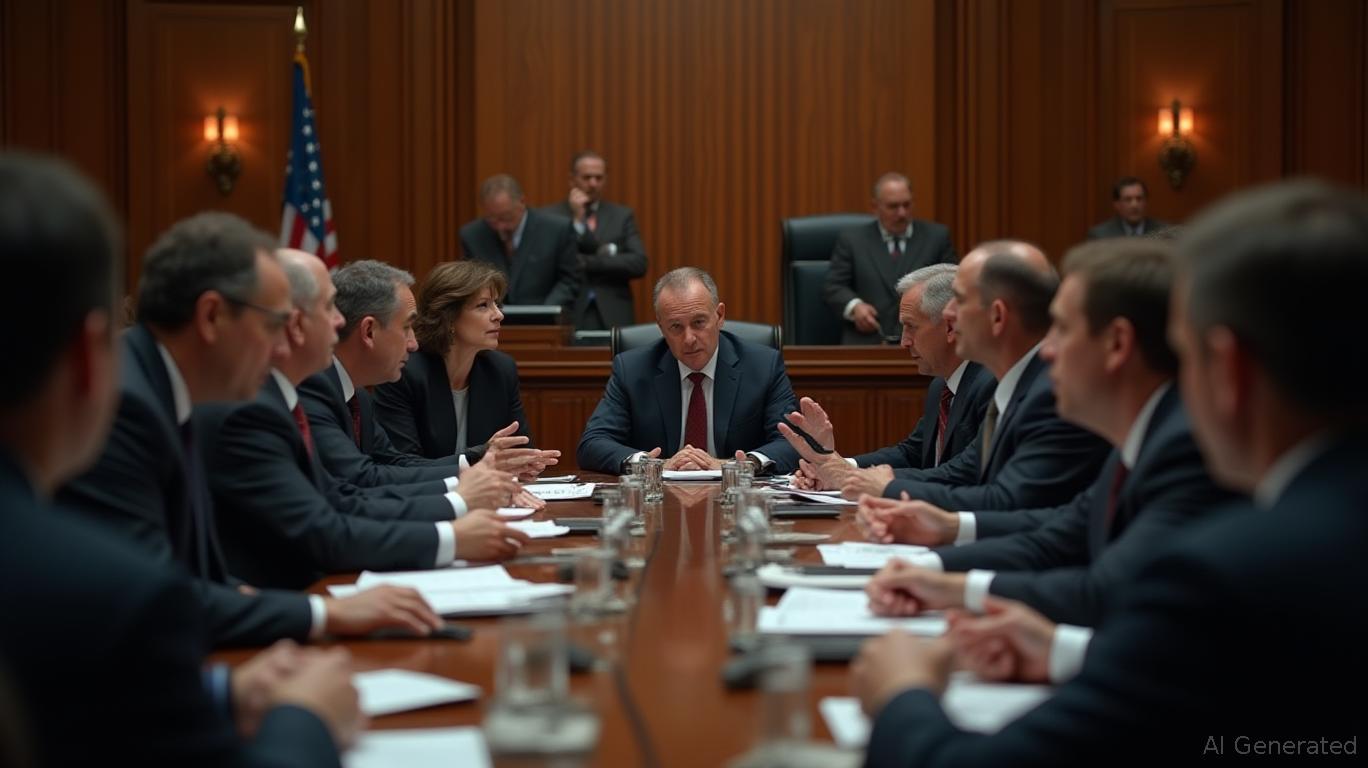Lawmakers Advocate for Crypto Trading Prohibition to Prevent Corruption Tied to Pardons
Representative Ro Khanna (D-Calif.) has put forward a resolution seeking to ban the president, their relatives, and members of Congress from engaging in cryptocurrency trading or accepting overseas funds, expressing worries about potential political corruption linked to the crypto sector

Khanna, a prominent supporter of crypto innovation, claimed that Trump’s pardon of Zhao—who admitted guilt in 2023 to facilitating money laundering—demonstrates a form of “corruption” that benefits the president and his family, as reported by
Zhao’s pardon, following his four-month prison term after a $4.3 billion settlement with U.S. authorities, has become a central issue in the discussion over cryptocurrency’s role in politics, as noted by
Democrats have been among the most outspoken opponents. Senator Elizabeth Warren (D-Mass.) denounced the pardon as a clear case of “corruption,” warning that Trump’s crypto connections could foster “lawlessness.” Warren and Senator Adam Schiff (D-Calif.) introduced a Senate resolution to officially denounce the pardon, citing Binance’s financial involvement with World Liberty Financial and the 15% jump in WLFI token value after the pardon as signs of profiteering, according to
This legislative push comes as the U.S. continues to debate broader crypto regulations. Coinbase CEO Brian Armstrong voiced hope that bipartisan crypto bills like the CLARITY Act could be enacted by the end of the year, despite ongoing debates about DeFi regulation, as mentioned in
Globally, Australia’s rate of crypto adoption is projected to reach 31% in 2025, surpassing the U.S., with stablecoin transactions totaling $46 trillion, according to
Khanna’s measure faces significant challenges in a Senate controlled by Republicans, but it highlights the increasing examination of crypto’s sway over politics. As Trump’s involvement with the industry grows—his campaign has received millions in crypto contributions and his family’s stablecoin business has brought in $4.5 billion—the ongoing debate over ethics, regulation, and financial conflicts of interest continues to intensify.